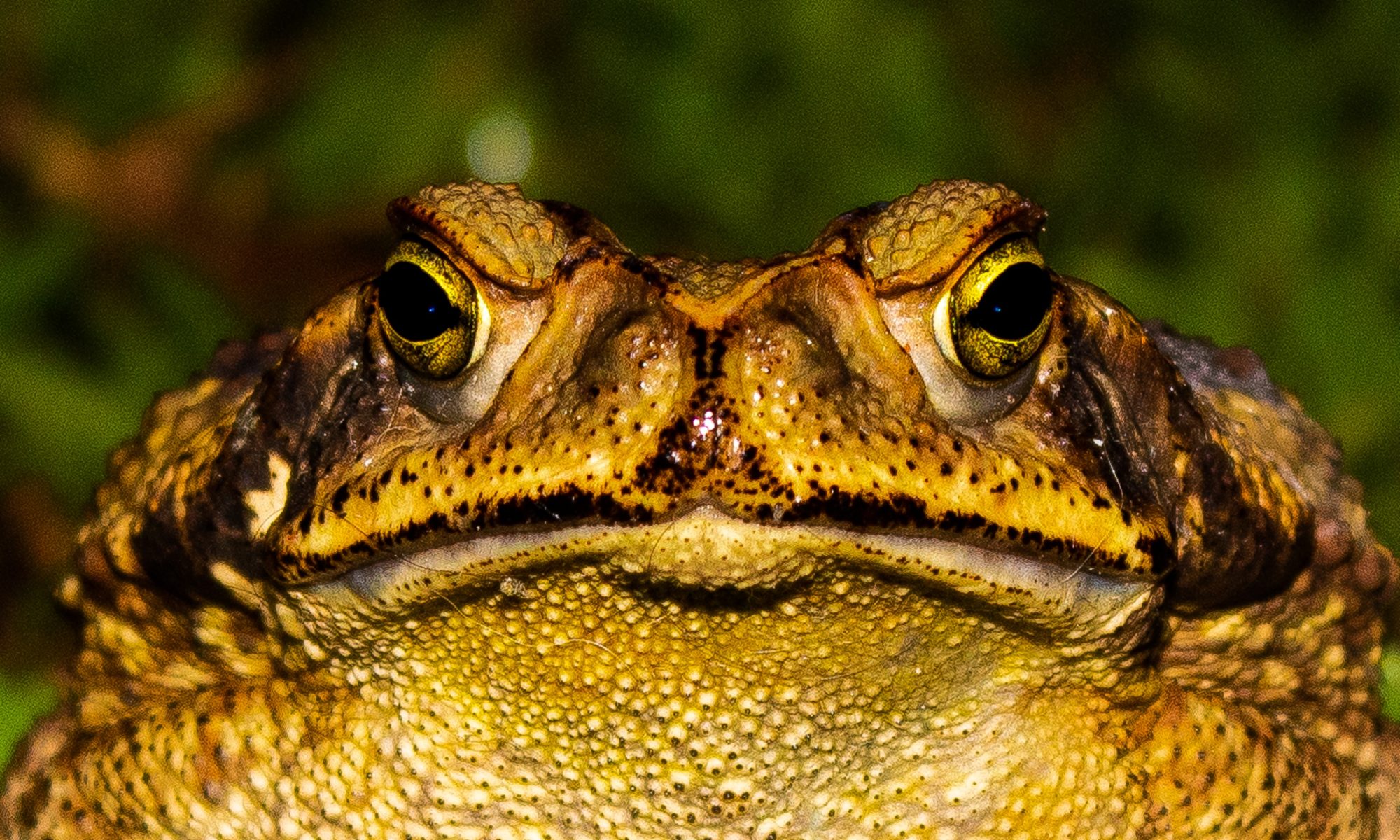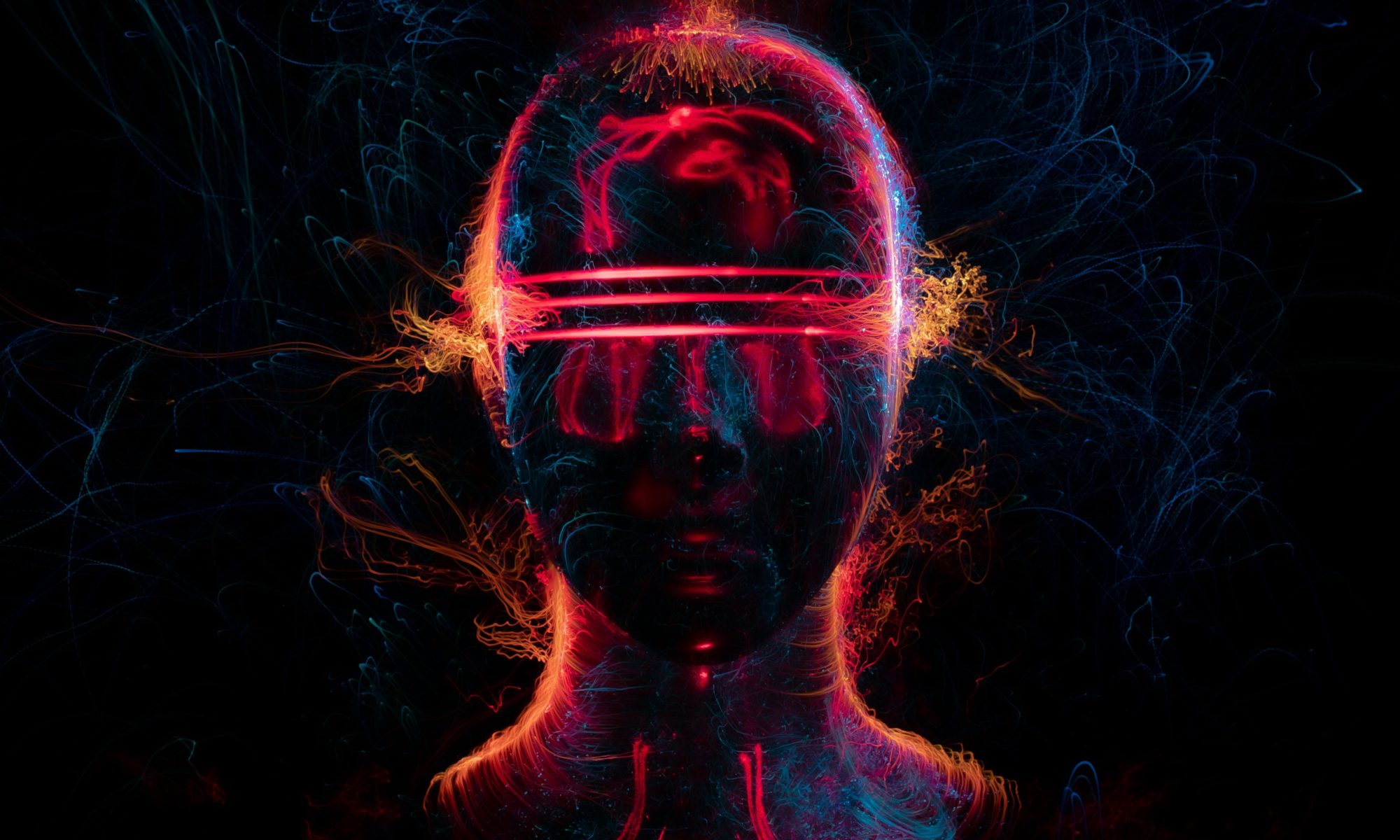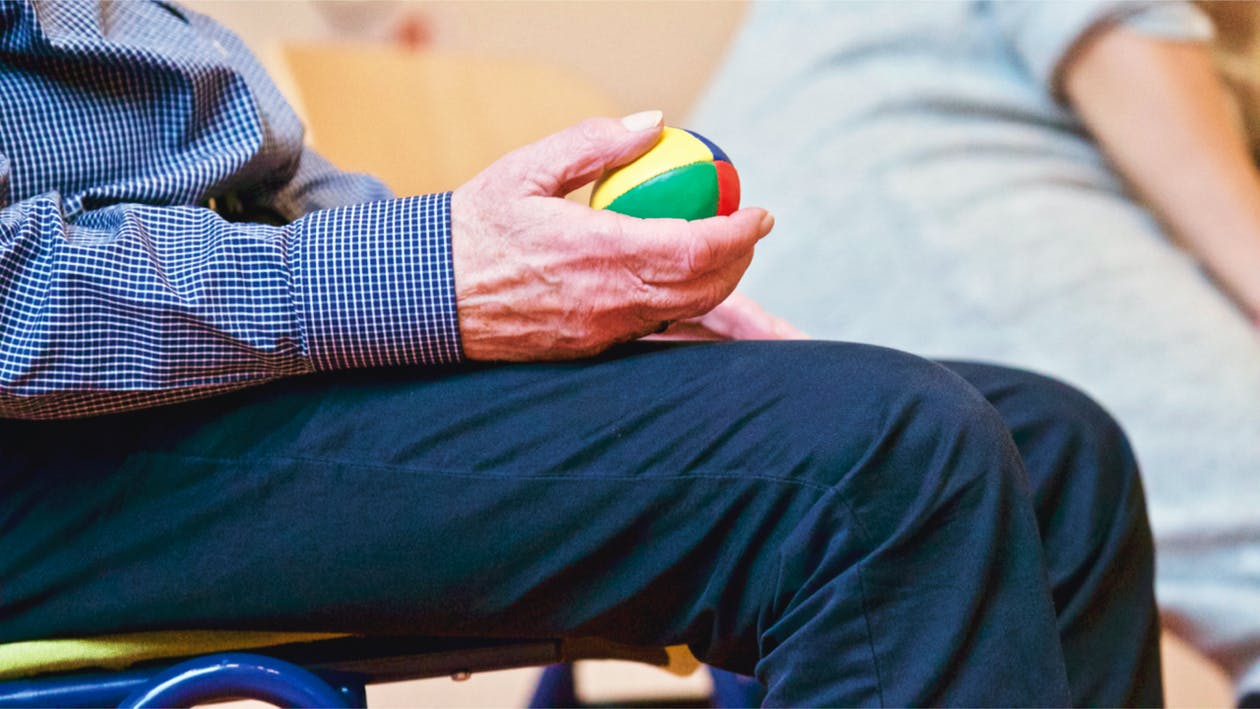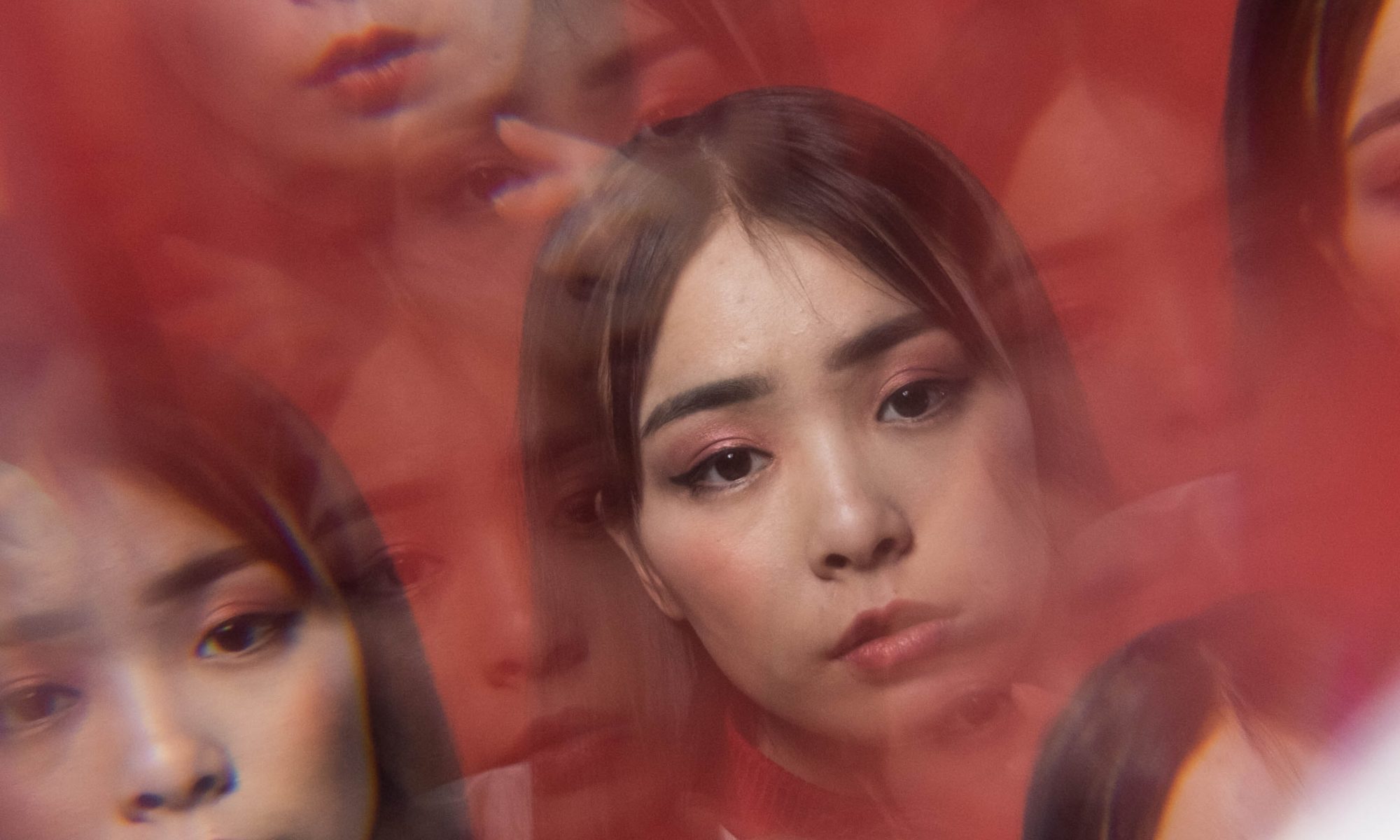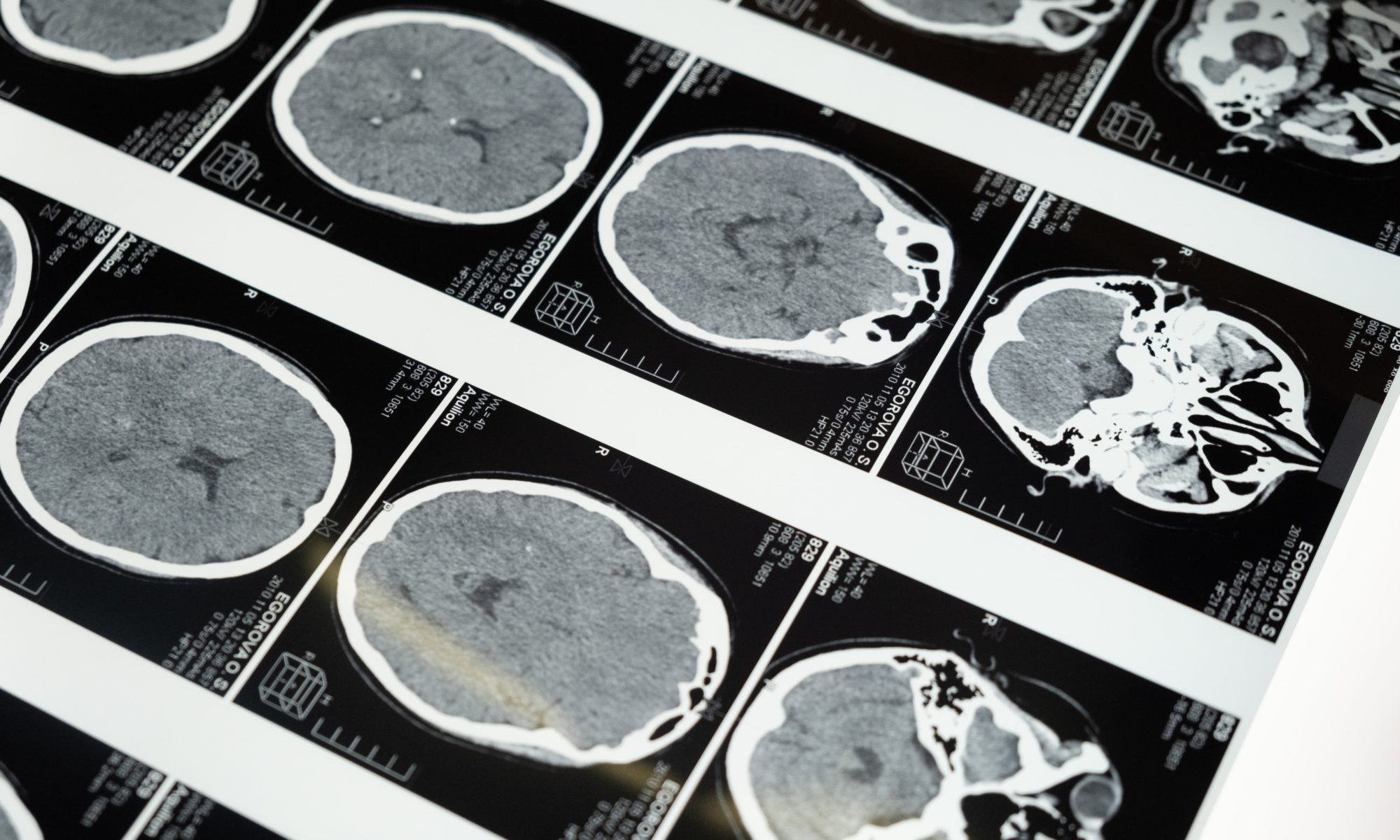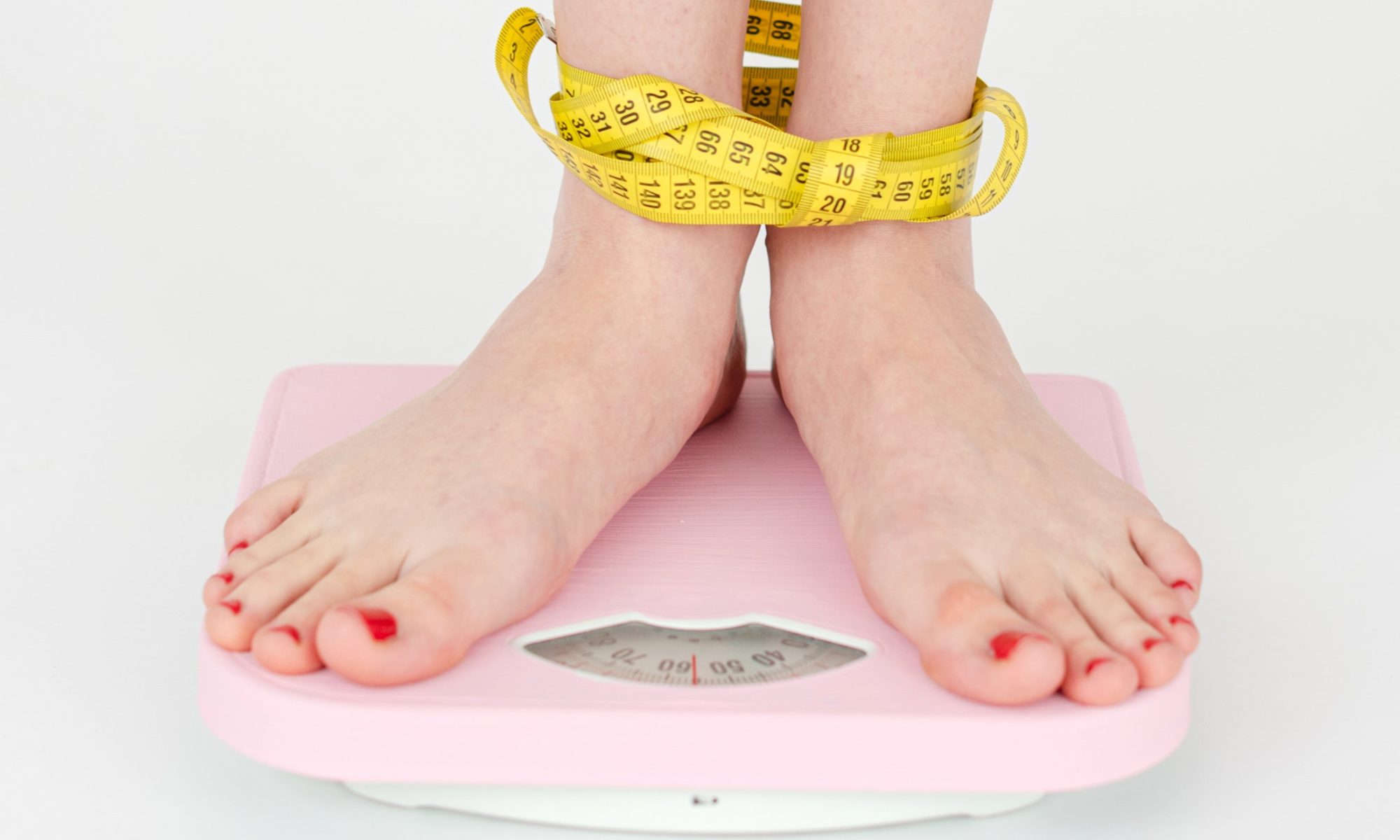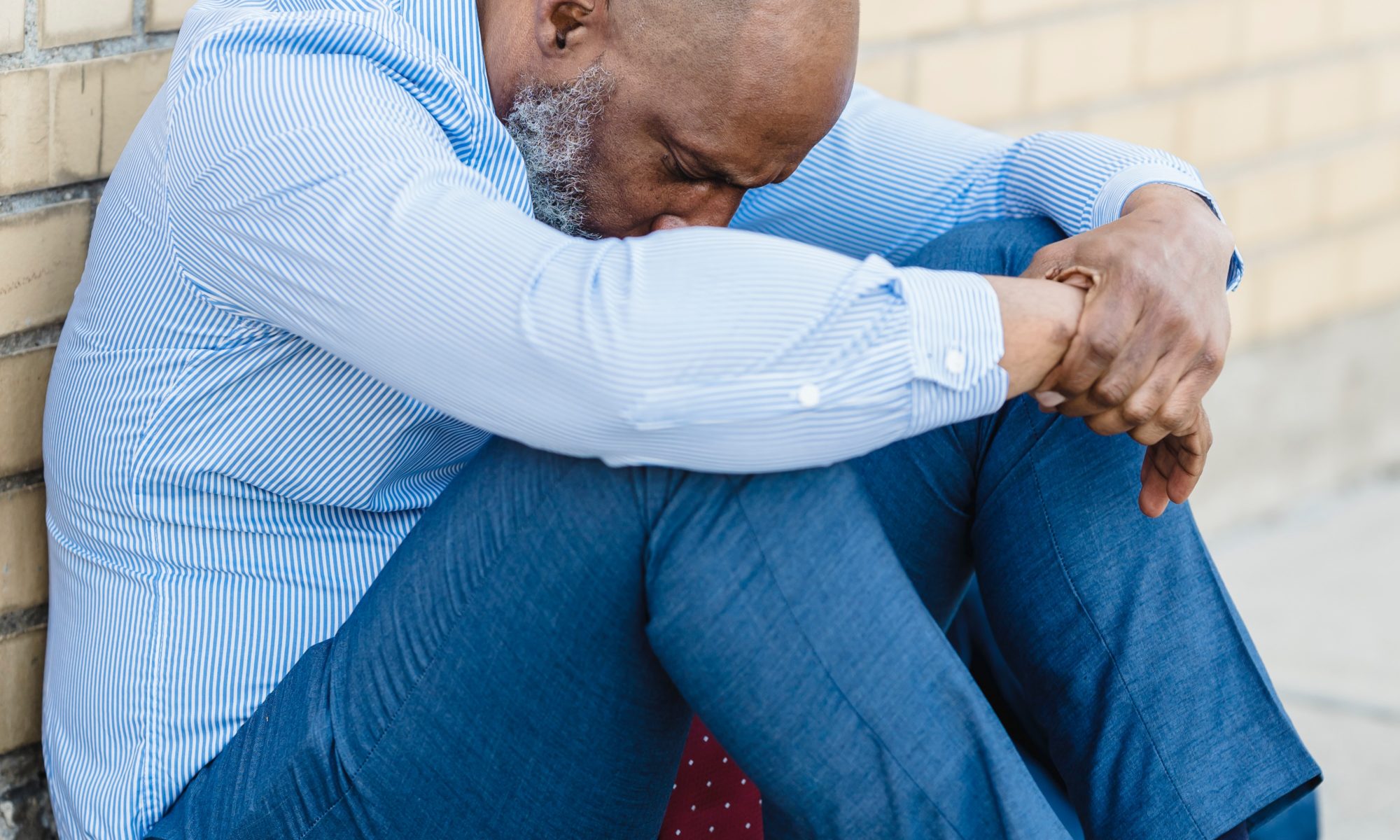A single dose of 5-MeO-DMT produces rapid and persistent improvements in life satisfaction and psychopathological symptoms
A Maastricht University study found that a single dose of 5-MeO-DMT (the psychedelic found in toad venom and several plants) improved subjects’ scores for life satisfaction, depression, anxiety, and mindfulness.
The changes were seen 1 day after the dose and persisted for 4 weeks.
Higher levels of ego dissolution were linked with greater improvements in scores (so, the more intense the trip, the more beneficial).
A separate survey found that ~80% of people with depression or anxiety reported improvements in symptoms following a dose of 5-MeO-DMT.
Some companies that are researching 5-MeO-DMT include GH Research (GHRS), Biomind Labs (BMND), and Mindset Pharma (MSET).

